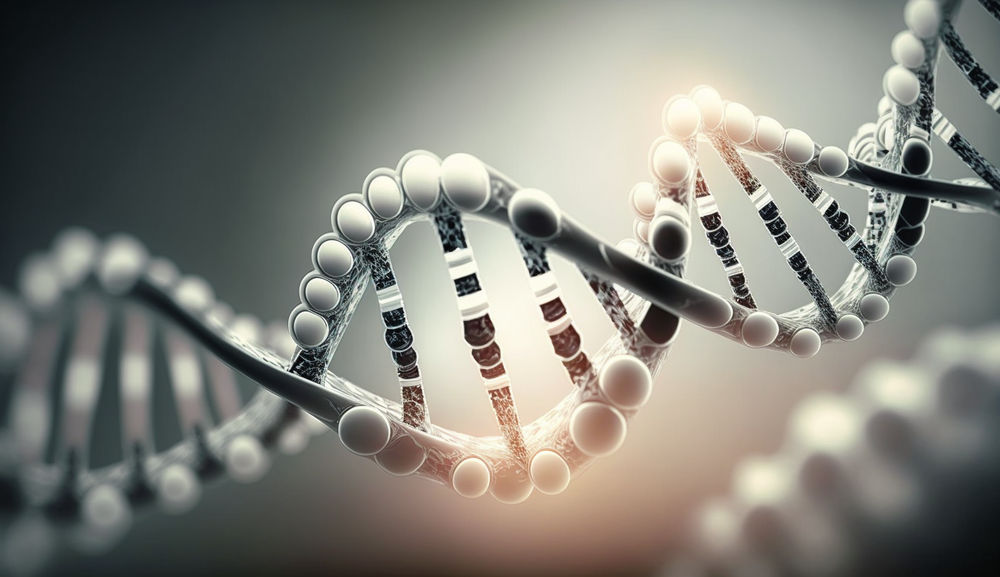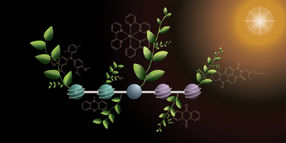ViGeneron Rebrands as VeonGen Therapeutics
VeonGen advances two proprietary, first-in-class gene therapies in the clinic
Advertisement
VeonGen Therapeutics, formerly known as ViGeneron, announced its rebranding to reflect its evolution into a clinical-stage genetic medicine company focused on developing transformative gene therapies for patients with high unmet medical needs.
VeonGen has advanced two first-in-class gene therapy programs into clinical development, marking a significant step toward addressing diseases with no approved treatment options. These programs include VG801, a novel dual AAV gene therapy for Stargardt disease and other ABCA4 related retinal disorders, and VG901, an intravitreally delivered AAV gene therapy for retinitis pigmentosa caused by CNGA1 mutations. Both programs are enabled by VeonGen’s proprietary genetic medicine platforms, designed to address critical gene delivery challenges in AAV-based therapies: vgRNA REVeRT, which utilizes mRNA transsplicing to deliver large genes exceeding the AAV cargo limit of 4.7 kb; and vgAAV, an engineered capsid platform optimized for safe and efficient delivery via intravitreal or subretinal administration.
VeonGen also announced that its lead program VG801 has received Rare Pediatric Disease Designation (RPDD) from the U.S. Food and Drug Administration (FDA) for the treatment of ABCA4 mutation-associated retinal dystrophy. The investigational therapy is currently being evaluated in a first-in-human Phase 1/2 clinical trial, with patient dosing underway. Concurrently, VeonGen is developing a functional endpoint in collaboration with the FDA through the Rare Disease Endpoint Advancement (RDEA) pilot program. VG801 aims to treat patients with biallelic ABCA4 mutations linked to Stargardt disease and related retinal dystrophies – the most common inherited retinal disease, affecting about 1 in 8,000 to 10,000 people worldwide, and a leading cause of macular degeneration in children and young adults.
“This rebranding reflects our journey – from a platform innovator to a clinical -stage company with two gene therapies in the clinic. With VG801 and VG901 progressing in clinical trials and our platforms demonstrating robust translational potential, we are well positioned to expand the frontier of genetic medicine in ophthalmology and beyond,” said Dr. Caroline Man Xu, Co-founder & Chief Executive Officer of VeonGen Therapeutics. “The FDA Rare Pediatric Disease Designation for VG801 not only highlights the strength of our scientific approach but also reinforces our focus on accelerating the development and delivery of transformative therapies for patients in urgent need.”
VeonGen’s proprietary gene therapy platforms are designed for broad therapeutic applicability. In addition to ophthalmology, the company is exploring expansion and partnerships in cardiovascular, central nervous system (CNS), and other disease areas.
Other news from the department business & finance
Most read news
More news from our other portals
Something is happening in the life science industry ...
This is what true pioneering spirit looks like: Plenty of innovative start-ups are bringing fresh ideas, lifeblood and entrepreneurial spirit to change tomorrow's world for the better. Immerse yourself in the world of these young companies and take the opportunity to get in touch with the founders.
See the theme worlds for related content
Topic world Gene therapy
Genetic diseases once considered untreatable are now at the center of innovative therapeutic approaches. Research and development of gene therapies in biotech and pharma aim to directly correct or replace defective or missing genes to combat disease at the molecular level. This revolutionary approach promises not only to treat symptoms, but to eliminate the cause of the disease itself.

Topic world Gene therapy
Genetic diseases once considered untreatable are now at the center of innovative therapeutic approaches. Research and development of gene therapies in biotech and pharma aim to directly correct or replace defective or missing genes to combat disease at the molecular level. This revolutionary approach promises not only to treat symptoms, but to eliminate the cause of the disease itself.































































